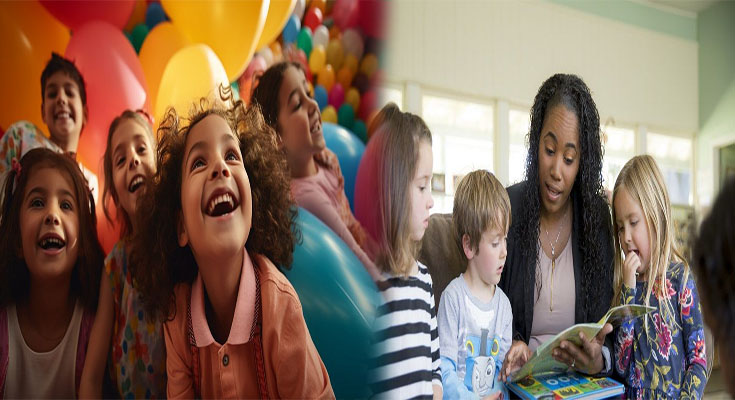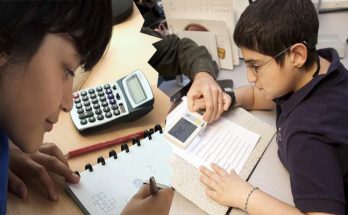The first five years of a child’s life are crucial to their development. They lay the foundation for everything else they will learn in the future and form their character. Early Childhood Education, also known as ECE or preschool, is a vital part of this process. The goal of ECE is to provide children with cognitive, social and emotional benefits that will help them succeed both academically and personally later on in life. If you’re thinking about enrolling your little one in ECE classes or have questions about how your child’s education compares to primary school then read on!
The Importance of Early Childhood Education
Early childhood education is important for a child’s development. It can help them develop social skills, language skills and math skills. It also gives them the opportunity to learn problem solving skills.
ECE has been shown to improve academic achievement in elementary school; this effect is greatest for low-income students with limited access to quality prekindergarten programs before entering kindergarten (Haskins & Sawhill).
Early Childhood Education vs. Preschool
Early childhood education is for children aged 0-6 and preschool is for those aged 2-5. However, the terms are often used interchangeably because both programs include the same kind of curriculum and activities.
Many parents think that early childhood education and preschool are one in the same: they’re not! While both provide children with a safe place to play and learn, they differ in many ways. For example, while early childhood educators focus on developing cognitive skills (such as language), emotional growth (such as self-esteem) and physical development (such as gross motor skills), preschool teachers tend to focus more on socialization skills such as sharing or taking turns.
Another difference worth noting is that an ECE program can be licensed by any number of agencies depending on where you live; however, all states require licensing if you want your child enrolled at an actual school setting–that’s where all those adorable tot tutors come from!
Benefits of Early Childhood Education
Early childhood education provides many benefits to children as well as their parents. The most obvious one is that it helps children learn important life skills such as social interaction, language acquisition and problem-solving.
Children who have been enrolled in early childhood programs tend to be more confident than those who haven’t been, which can lead them down a path toward success when they enter school. They also tend to do better academically once they begin formal education because of the foundation laid by their early years of learning.
What is Early Childhood Education?
Early childhood education is a broad term that refers to the education of children from birth to age 8. The curriculum for early childhood education is designed to prepare children for primary school and focuses on developing social, emotional, and cognitive skills.
Early Childhood Education can also be referred to as Pre-School or Kindergarten (preschool).
How Does ECE Compare to Primary School?
ECE is not the same as primary school. It’s a completely different environment, with different goals and curriculum. ECE focuses on social-emotional development, physical development, and cognitive development–not just the basics of reading writing and arithmetic that you’d find in primary school. In fact, many early childhood teachers don’t even teach reading or math until students are ready to move on to kindergarten!
A child’s education can start as early as the first years of their life.
Early childhood education is vital to a child’s development, but what exactly is it?
Early childhood education refers to the education of children between the ages of 3 and 6 years old. It differs from primary school in that it doesn’t involve formal lessons or tests and is more focused on play-based learning. Children need this type of learning because their brains are still developing at this stage, so they can only absorb information in certain ways–namely through play and interaction with others.
ECE providers include early childcare centers, preschools, kindergartens (which may offer both ECE and primary school), family daycare homes/providers and nanny services that provide care for children under 13 years old who live at home but go somewhere else for schooling during the day
The benefits of early childhood education are clear and numerous. Children who have been in an ECE setting are more likely to succeed in school, have better social skills and higher self-esteem than their peers who did not attend such programs. They also have a greater chance of becoming successful adults because they learned the basics like reading, writing and math before starting kindergarten.





